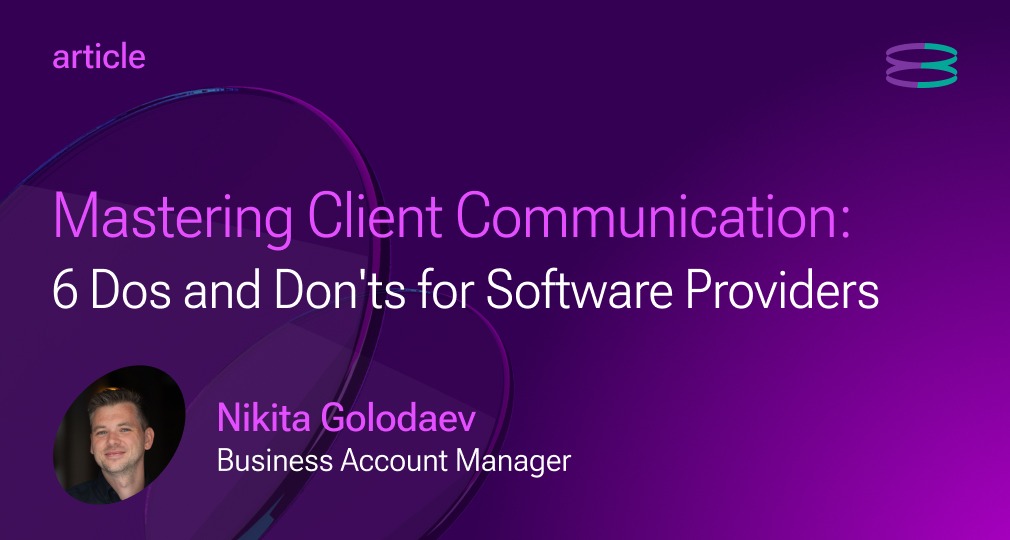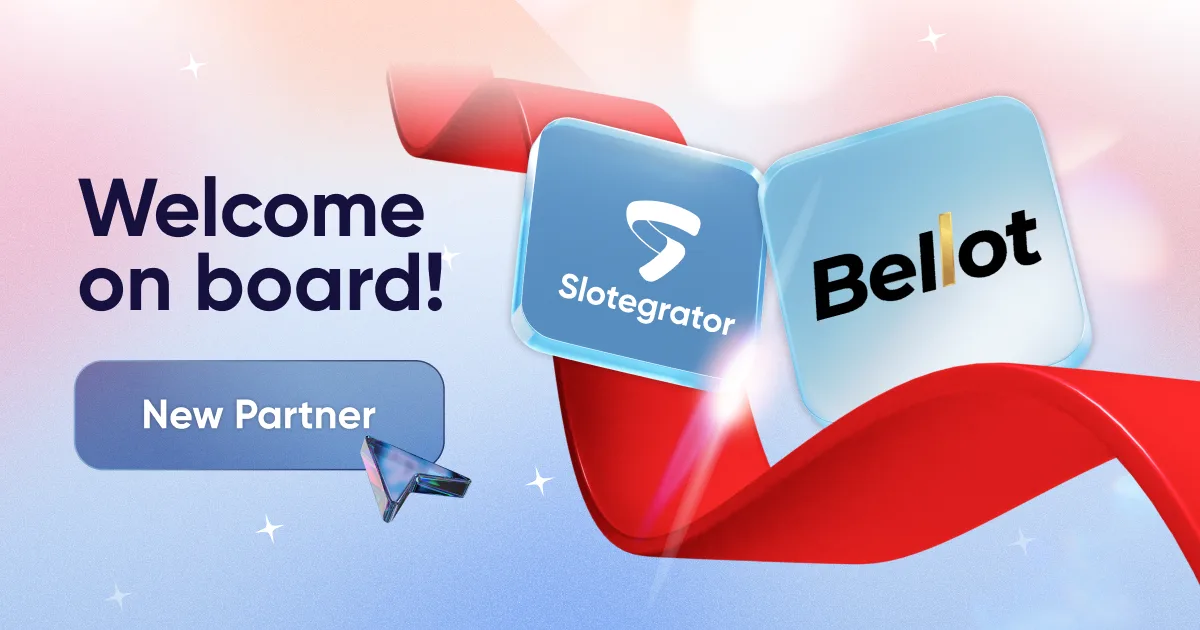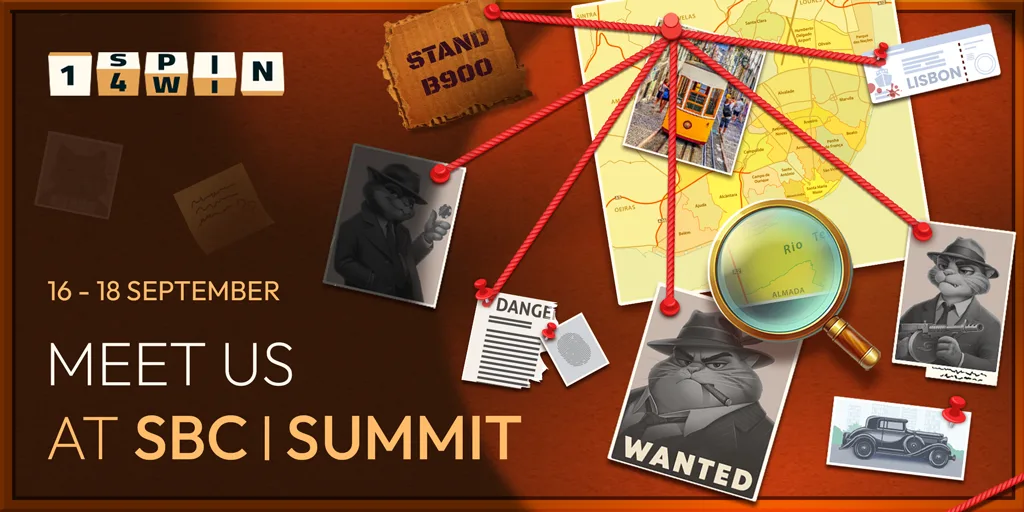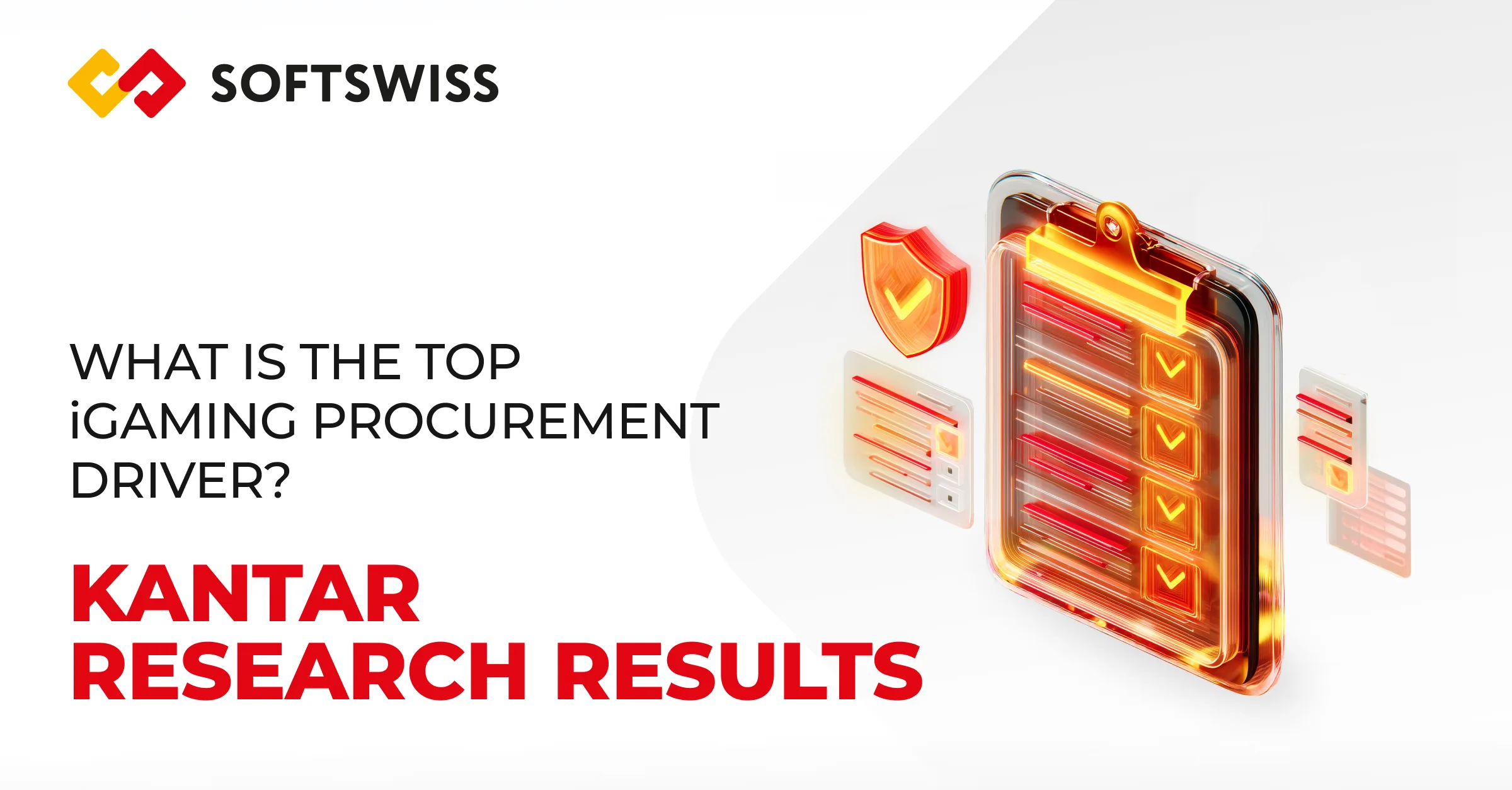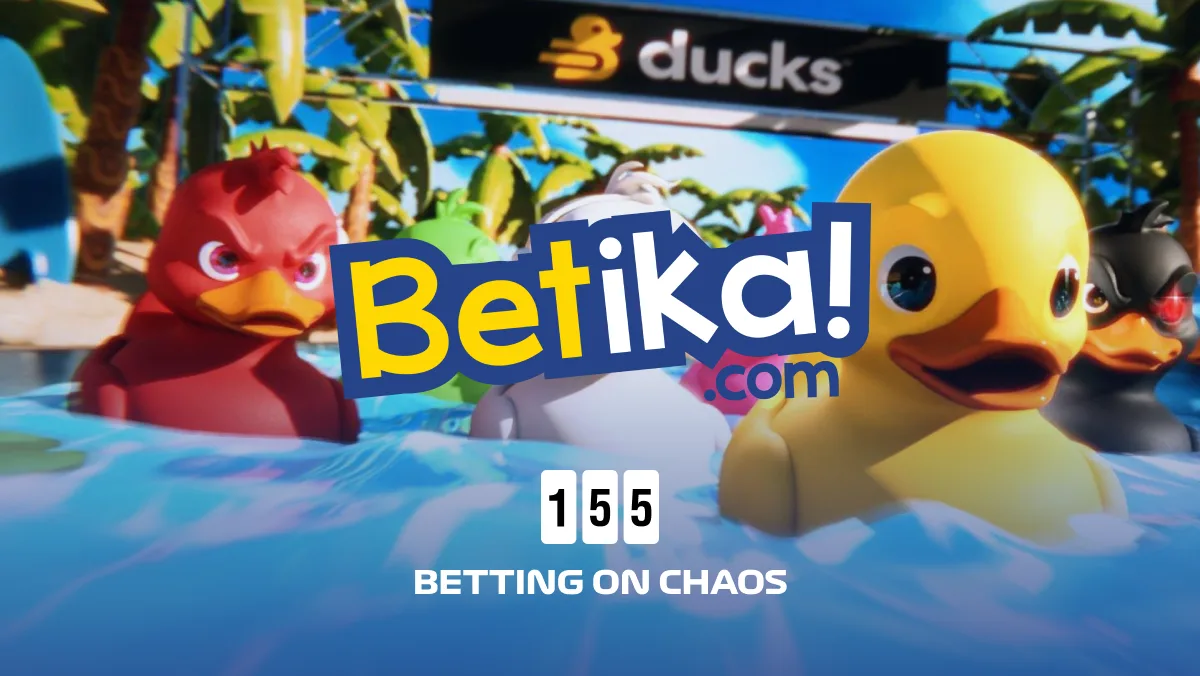Worldwide iGaming market size is forecast to rise to 184.28 billion U.S. dollars by 2032. As the industry continues to evolve, effective communication between software providers and their clients remains paramount for success. In a two-decade journey at EvenBet Gaming, with more than 200 active projects worldwide, we’ve encountered numerous pitfalls and learned invaluable lessons about building fruitful relationships with partners.
In this article, Nikita Golodaev, Business Account Manager at EvenBet Gaming, delves into the dos and don’ts of client communication, sharing win-win approaches to business needs between the company and its consumers. His experience as a professional poker player and extensive background in various poker products enable to drive significant revenue growth for clients through strategic technology implementation, data-driven decision-making, market trend analysis, and strategic relationship development.
Understanding Partner Dynamics:
Do: Recognize the uniqueness of each partner, assessing their potential based on factors like:
- Player base: if an operator already has lots of players, it’s likely many will play poker, boosting the provider’s revenue.
- Business stability: A partner with a good reputation, organised management, no legal issues, and no debts suggests a fruitful and productive collaboration.
- Market attractiveness: Operators in growing iGaming regions with low taxes and favourable legislation are more likely to succeed.
- Business approach: This is key. Even without big resources, a partner who has a balanced and systematic approach to building a business is worth paying attention to. They understand what they want, making cooperation smoother.
Don’t: Fall into the trap of treating all partners equally; tailor your approach to meet each client’s specific needs and aspirations. At EvenBet, we regularly update our clients with the newest features and settings via blog articles. But it’s crucial to complement it with personal contact and not leave the partner with dry facts on his own.
Prioritising Long-Term Relationships:
Do: Focus on cultivating enduring partnerships built on mutual trust and genuine interest in project development.
Don’t: Base the assessment of a client solely on their current revenue contribution; prioritise clients who demonstrate a commitment to collaboration and growth.
Proactive Engagement and Personalized Support:
Do: Continuously inquire about the partner’s needs and provide personalised solutions and support. Sometimes, partners may even have no clue that their software vendor might help achieve specific business objectives.
Providers should view partners as more than just customers making transactions. Partnerships entail collaborative decision-making and understanding each other’s needs to deliver optimal solutions. Even experienced operators benefit from open discussions, leveraging the provider’s expertise to enhance their operations.
Don’t: Adopt an aggressive sales approach; instead, empower partners to recognise the value of your offerings through objective information and guidance.
Leveraging Industry Expertise:
Do: Engage in meaningful discussions with partners, leveraging your industry experience and expertise to offer tailored solutions. Aggressive sales may not bring the desired results. Moreover, there’s no guarantee that a sales manager has a 100% understanding of the partner’s business situation. If they decline a purchase, there may be valid reasons for it.
Don’t: Neglect partners who appear less communicative and don’t communicate after launch. Silence may indicate underlying issues that require attention and resolution. Allow the partner to recognise the necessity of the purchase.
Earning and Maintaining Trust:
Do: Understand that signing a contract marks the beginning, not the end of a partnership. It only means that you successfully sold your product. Actively work to earn and sustain trust through consistent interaction and positive outcomes.
Don’t: Assume that communication with one individual, typically the poker project manager, reflects the perspectives of the entire partner organisation. Involve multiple stakeholders such as the Head of the Casino, Head of Support, CFO and CEO, who may see the partnership from another perspective than the first contact to gain a comprehensive understanding.
Strategic Disengagement Preserves Resources and Integrity:
Do: Recognize when a partnership isn’t thriving and gracefully disengage if necessary while maintaining open communication for future opportunities. Admit that it is business, and such things happen. Not every partnership will result in long-term success, and providers must acknowledge when to let go. It’s essential to maintain professionalism and continue communication, as circumstances may change, presenting new opportunities for collaboration in the future.
Don’t: Persist in pursuing partnerships that show little potential for growth, risking wasted resources and damaged relationships.
Conclusion:
Effective communication with clients is the cornerstone of success for software providers in the dynamic landscape of the iGaming industry. By embracing the dos and avoiding the don’ts, providers can forge stronger partnerships, drive mutual growth, and navigate challenges with confidence. As we celebrate 20 years of innovation at EvenBet Gaming, we remain committed to empowering our clients and fostering collaborative success in the exciting journey ahead.
As a result, we have created a highly flexible product that meets the needs of operators from all corners of the globe, operating on various business models. We are in constant contact with our partners, ready to share our expertise and discuss any ideas for customising games and the platform, embodying honesty as our core value in our relationships.
Read more: The Best iGaming Aggregators






